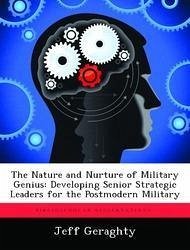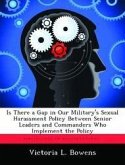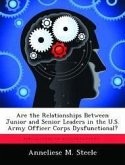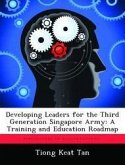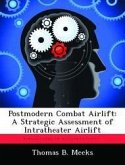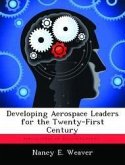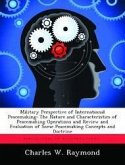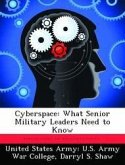The United States government increasingly uses its military to meet novel demands through activities such as humanitarian relief, nation building, and partnership capacity generation. These exigencies arise from the current political, social, and technological context, which is sometimes described as Postmodernism. The term encapsulates sundry characterizations of the "new global strategic environment" including the "information age," "the age of transparency," "the third wave of politics," "the end of history," and "the post-military society." American national security-and consequently the safety and prosperity of the people of the United States-depend upon senior strategic leaders capable of successfully leading these organizations in such roles. Individual leadership competence stems from two sources: nature and nurture. An ideal senior strategic leader embodies what Clausewitz called a harmonious blend of intellect and temperament. The ideal nurture of such an individual educates judgment for relevant strategic puzzles of the era. Although the ideal leader and the ideal developmental model have changed little, limitations of time, space, and human cognitive capabilities prevent the attainment of the ideal and require a prioritization of experience and education in tune with the technological and sociological context of the time.
Hinweis: Dieser Artikel kann nur an eine deutsche Lieferadresse ausgeliefert werden.
Hinweis: Dieser Artikel kann nur an eine deutsche Lieferadresse ausgeliefert werden.

